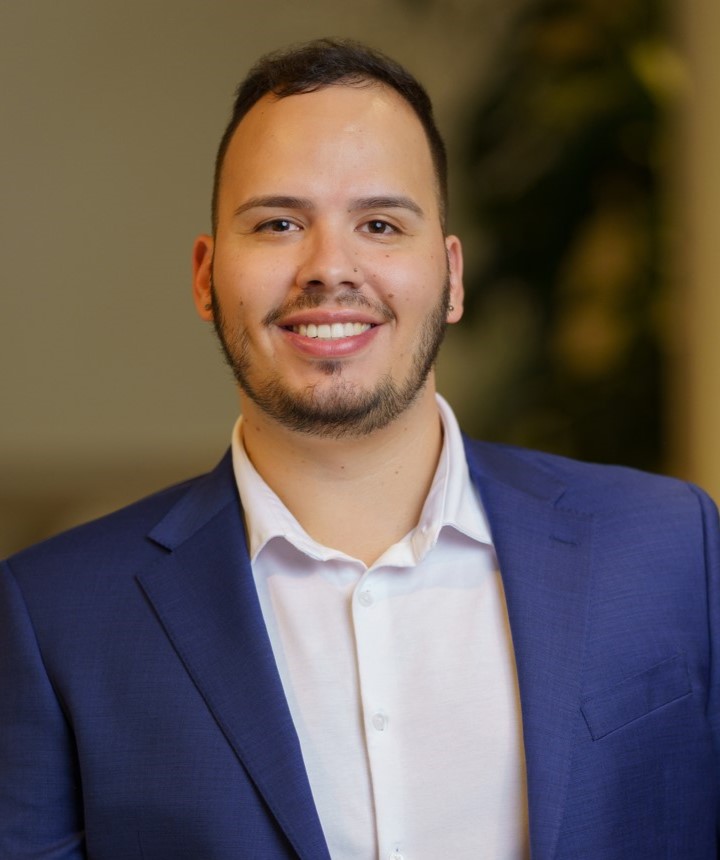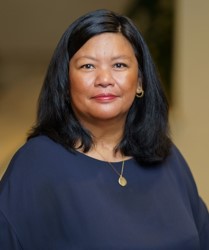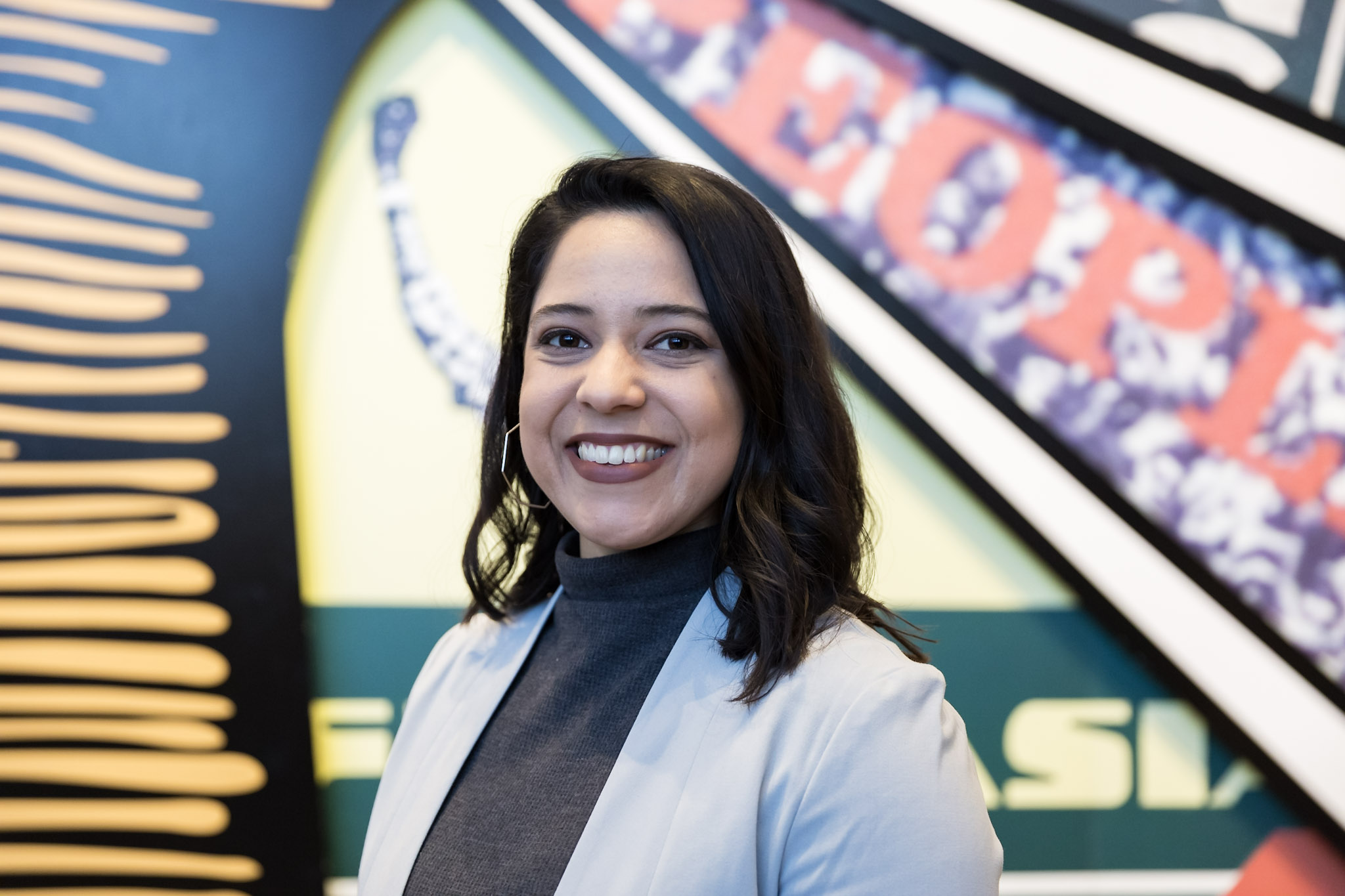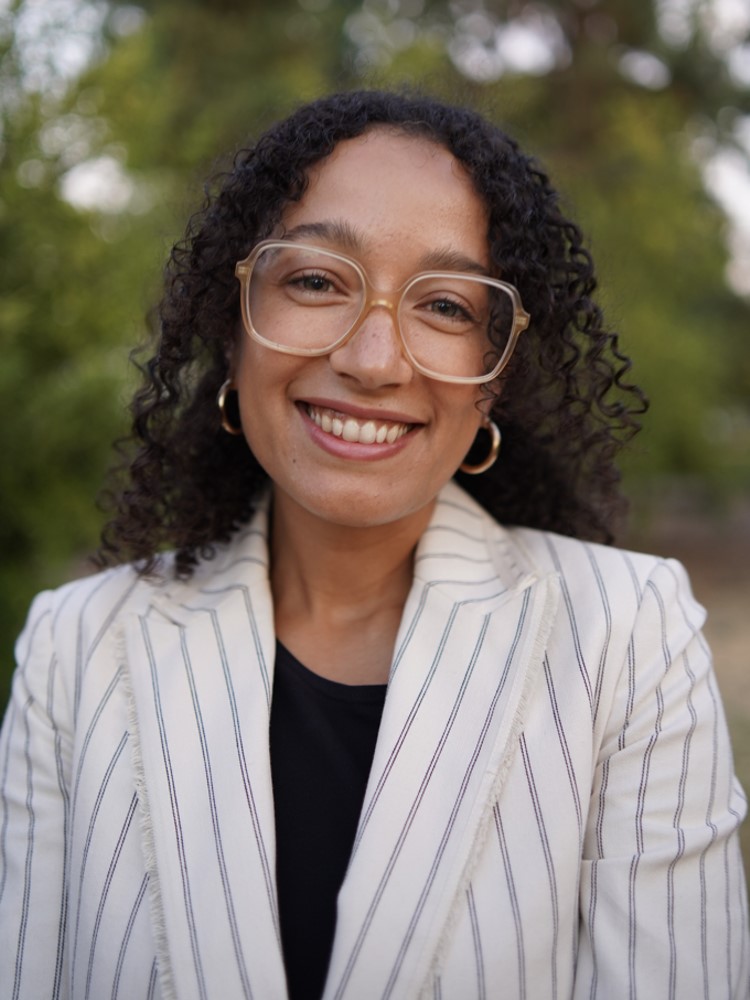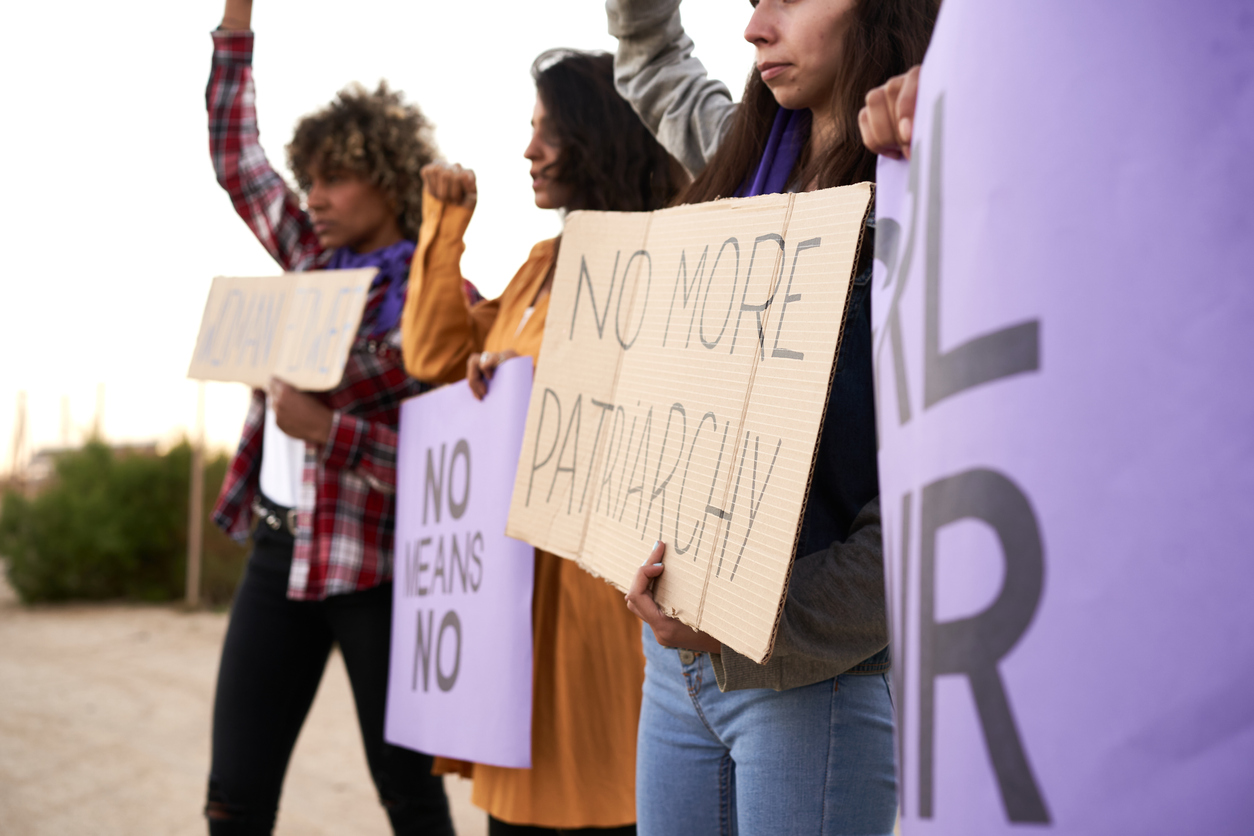Cairo Mendes, GCIR's Director of State & Local Programs, reflects on the listening tour that has informed our new state & local strategy.
News
Primary tabs
In her second quarterly message, President Marissa Tirona discusses how GCIR is rooting our work as a philanthropy mobilizing organization in a global analysis, and explores how this ties into dismantling white supremacist systems worldwide.
This month we’re exploring the importance of providing in-language support to those who do not speak English proficiently so they can access essential services and resources, regardless of their native language or country of origin.
Outside the U.S. Capitol, it was an unexpectedly beautiful winter day in D.C. - 60 degrees of sunshine with a breeze. Inside, we walked alongside energized groups navigating the buildings on their own missions. As part of the Foundations on the Hill delegation, Kevin Douglas, Senior Director of National Programs at Grantmakers Concerned with Immigrants and Refugees (GCIR), guided a group of six of us in and out of the long halls and winding tunnels. In my excitement at being in the People’s House for the first time, where power could lead to transformation or repression, I thought back to the years of the Trump Administration’s inhumane immigration policies.
With the federal administration set to end the use of public health law Title 42 as an expulsion tool to deny would-be asylum seekers entry into the United States (a policy deemed unconstitutional by a federal court late last year) tomorrow, it is widely expected that a significant number of individuals and families will enter the U.S. through the southern border in search of refuge. Therefore, GCIR is calling on philanthropy to resource immediate and long term responses to the humanitarian needs of migrants.
In this edition, GCIR President Marissa Tirona speaks with Magaly Urdiales, Co-executive Director of the Western North Carolina Workers' Center. Read on as Magaly shares her insights on organizing workers in her region, the innovative strategies they use to identify campaign issues and effect the changes workers want to see, and the important role philanthropy can play in building immigrant worker power and leadership in rural areas.
What do we hope to accomplish? What will success look like? What will it take to get there? These are some of the questions I grapple with as GCIR’s Programs Learning Manager. My position is new, reflecting the organization’s commitment to proactive learning throughout our work. In a nutshell, I aim to support the team in building evaluative capacity, including through the design (and constant iteration) of ways of working that make it easy for people to engage meaningfully in learning processes.
To deepen and expand support for survivors, the Violence Against Women Act's (VAWA) most recent authorization provided more than $500 million in increased resources for survivors of violence, and, importantly, restored the ability of Indigenous courts to hold non-Indigenous individuals accountable for sexual assault. Last November, the Senate went a step further and voted to amend VAWA so that Indigenous Hawaiian survivors of gender-based violence also have access to programs and resources under the act, leaving them better equipped to keep themselves and their communities safe.
We’re here with issue #4 of the California Dignity for Families Fund (CDFF) Newsletter Series: Learning for Immigrant Justice. This month we’ll be spotlighting how to support BIPOC leadership of nonprofit organizations.
In this issue, we introduce the concept of holistic case management and explore how it can be a powerful tool for meeting the legal and humanitarian needs of migrants.
